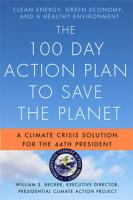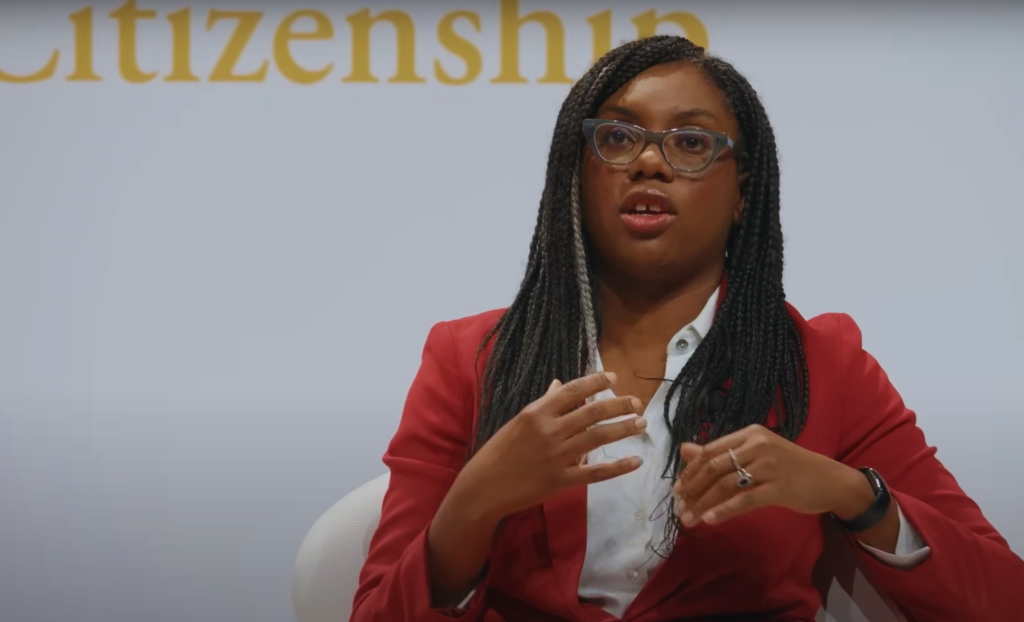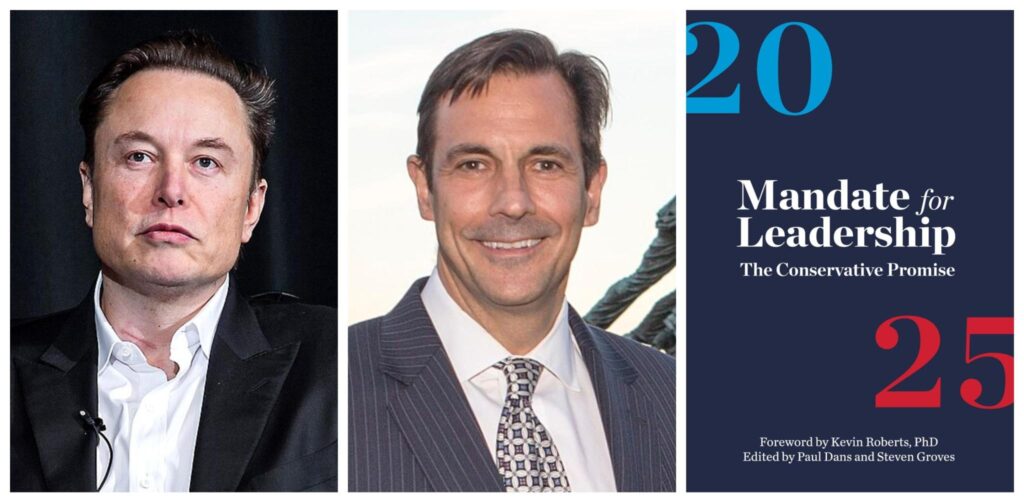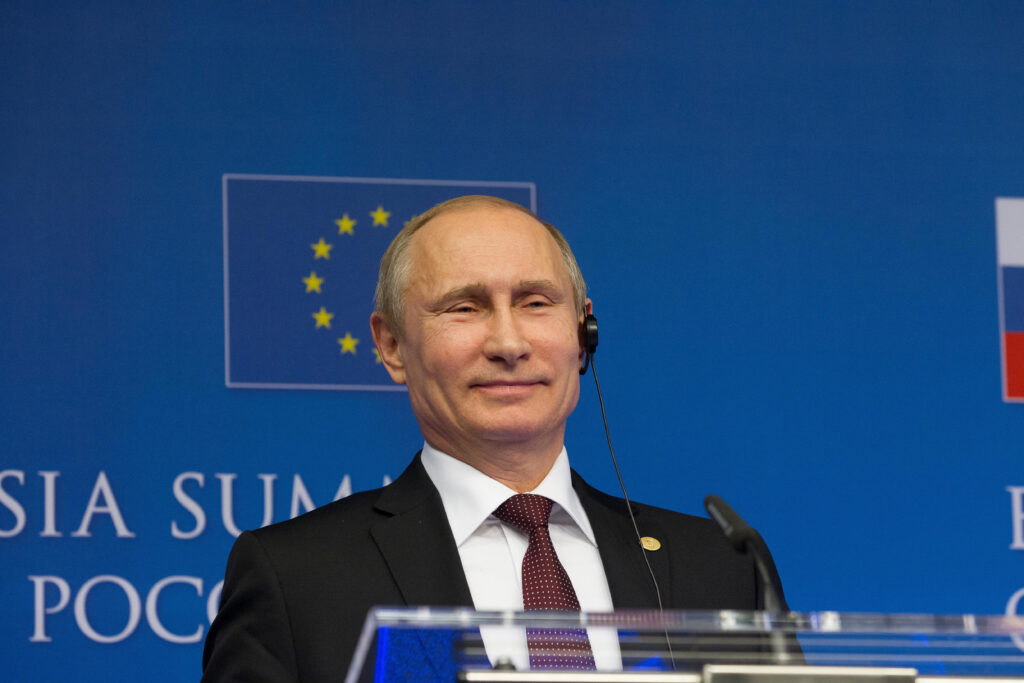Of the many daunting challenges facing the next president, few loom larger than climate change. Though the languishing economy will likely dictate his administration’s immediate priorities, many of the president’s long-term objectives will be shaped by the prism of energy and the climate.
Yet, for all the talk of energy independence and a green economy, we still know very few specifics about what a President Barack Obama or President John McCain would do during his first term to tackle the climate issue.
From what little we learned during the debates, we do know that both candidates would push for the adoption of a cap-and-trade program to gradually cut emissions – Obama, reducing emissions by 80 percent below 1990 levels by 2050, and McCain, reducing them by 60 percent below 1990 levels by 2050 – though only Obama would support a full auction system to allocate the permits from the get-go. (Under a McCain plan, permits would initially be freely distributed to energy firms and utilities, with the number of auctioned permits increasing on a gradual basis.) Obama has also signaled a greater willingness to engage the international community to craft a successor to the Kyoto Protocol and to help developing countries like India acquire the clean technologies they need to curtail their growing carbon footprints.
For the most part, though, the candidates have consciously veered away from describing their proposed regulatory packages in any great detail, choosing instead to tout their green job-creating and renewable energy agendas – both of which clearly play much better with a gloomy electorate – as effective mitigation measures. On this point, again, Obama has presented a far more ambitious agenda, proposing to invest $150 billion in clean energy technologies and infrastructure projects over the next decade; McCain’s, on the other hand, seems much more haphazard (a $300 million “prize” for an innovative car battery technology) and risky, with a massive nuclear power buildup – 45 new reactors by 2030 – constituting the main thrust of his plan.
Yet neither candidate has fleshed out a far-reaching vision for how they see climate change affecting their governing philosophy or explained the sacrifices individual Americans will need to make in order to help alleviate the looming crisis (though, to be fair, Obama does stress that Americans need to conserve more). The latter is understandable as neither candidate is particularly keen on being compared to former President Carter, whose (in)famous “malaise” speech (which marked the first and, sadly, last time a president advocated for significant cutbacks in energy consumption), though far-sighted for the time, contributed to his crushing defeat in 1980. The collapsing economy, along with the political realities it entails, makes it even less likely that a President Obama or President McCain will initially raise the specter of climate legislation.
Regardless of the risks to the economy, the next president will not simply be able to ignore the climate crisis. With the next U.N. climate change conference set to take place in 2009, the president will not have the luxury of time to mend the damage caused by the Bush administration and to re-establish the United States as a leading player in future climate negotiations.
Thankfully, he will have the support of the scientific community and a growing crowd of former government officials and public intellectuals to guide his agenda. One of these, William S. Becker, the executive director of the Presidential Climate Action Project (and a former energy official under the Clinton administration), has just published a comprehensive list of more than 300 recommendations – ranging from mass transit development to improved agricultural techniques – entitled “The 100 Day Action Plan to Save the Planet.” (You can read an excerpt of the book on PCAP‘s website.)
As he makes clear in the foreword, the climate crisis is the “most dangerous and difficult challenge of our time,” and one that, unfortunately, “remains largely unaddressed.” Meeting the IPCC’s recommendation of stabilizing and reversing greenhouse gas emission growth by 2015 – only 7 years from now – requires strong, urgent action, Becker says. The recommendations, which he wrote with a highly regarded coterie of scientists and policy analysts – Hunter Lovins of the Rocky Mountain Institute, David W. Orr of Oberlin College and Van Jones, the founder of the Green For All coalition, to name a few – were devised to achieve the following goals (among others):
1. Zero-carbon buildings by 2030
2. Major, lasting improvements in America’s energy efficiency
3. An 80 – 100 percent reduction in greenhouse gas emissions by 2050
4. A moratorium on new, conventional coal-fired power plants
5. Carbon neutrality for the U.S. government
6. And end to federal subsidies of carbon-intensive fuels
Becker is not a naïve man and understands that getting these recommendations enacted will be a huge challenge – one that will require the president to fully leverage his powers and influence as head of state and to actively engage the Congress. Most of the suggestions he makes – working with the international community and launching a “clean energy surge,” among others – have already been voiced at one time or another by Obama and McCain. Unlike the candidates, though, his plan places a premium on tackling climate change immediately by helping the country adapt to the changes already underway and by encouraging the president to work with local and state leaders to forge an intergovernmental action compact.
While it is by no means the first such attempt to craft an overarching climate strategy, Becker’s book is unique, and remarkable, in assembling such a far-reaching, comprehensive set of recommendations from such a vast array of prominent thinkers. That’s not to say that this manuscript is the be-all, end-all recipe of success; it is still too early to tell whether many of the recommendations, once implemented, will work out as planned, and new strategies will inevitably crop up over time as scientists learn more about climate change. It is an excellent first step, however, and one that the next president would do well to keep by his bedside.
Subscribe to our newsletter
Stay up to date with DeSmog news and alerts







